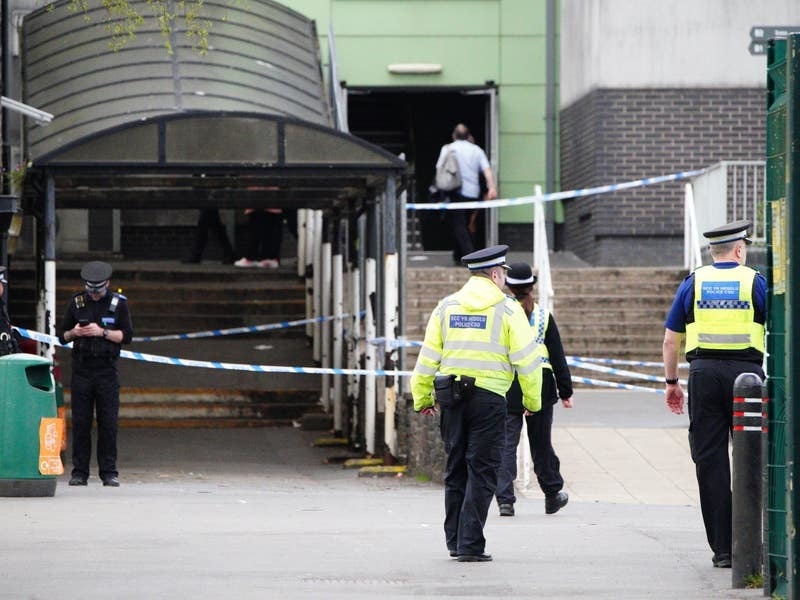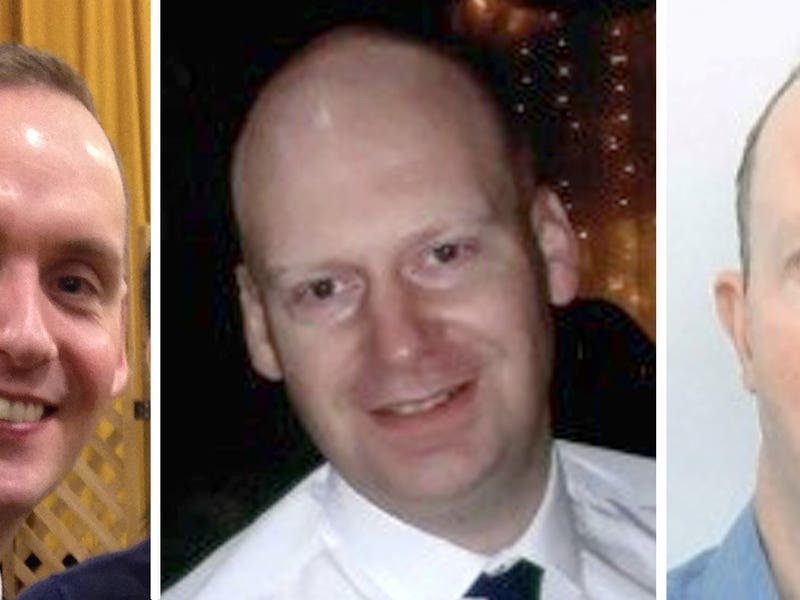Theresa May has joined politicians from across the spectrum in calling for greater diversity in Parliament, 100 years since the law was passed allowing women to become MPs.
On November 21 1918, the newly enacted Qualification of Women’s Act meant that women could represent constituents in Parliament for the first time.
To mark the anniversary of its royal assent, the 50:50 Parliament campaign brought hundreds of women to Westminster to encourage government to reach full equality in the number of men and women in the chamber.
I want to encourage more women to become @Conservatives candidates. If someone you know would make a good MP or councillor, #askhertostand.
Visit https://t.co/yVFhdiq0ZP to find out more. pic.twitter.com/qhkKfiQXmS
— Theresa May (@theresa_may) November 21, 2018
During Prime Minister’s Questions, former equalities minister Maria Miller MP pointed out that in the last century, 4,503 men have been elected to Parliament, and just 491 women.
Mrs May, responding to Mrs Miller, said: “It’s so important, she’s absolutely right that greater diversity in this place actually means that we get better decisions. That’s the same for Parliament as it is for a business, or indeed any organisation.
“I think we should send a very, very clear message, from everybody across this house, about the significance of the work that an individual Member of Parliament does and the change they can make for their community.
“It’s a great job and I encourage all the women who are here today and thinking of standing to stand for Parliament, get elected, and make a difference.”
100 years ago today women were able to stand as MPs. Makes it special that I’m now in women & equalities committee discussing how to get a 50/50 parliament (still only 32% women!)
— Sarah Champion (@SarahChampionMP) November 21, 2018
100 years ago today an act of Parliament meant women were officially allowed to stand as MPs. A great breakthrough for the time, but since then fewer than 500 women have taken a seat in the Commons, while more than 4,500 men have. Much more work to be done. #askhertostand
— Sam Gyimah MP (@SamGyimah) November 21, 2018
Today is the centenary of the Qualification of Women Act 1918 which allowed women to stand as MPs for the first time.Now we just need more to do it! #AskHerToStand pic.twitter.com/QQhBgJHzcJ
— Dr Philippa Whitford (@Dr_PhilippaW) November 21, 2018
Today marks 100 years since women could stand as MPs. We’re proud of all the Greens who fight for equality every day, inspiring more women to stand & create a better world #AskHerToStand ? pic.twitter.com/x5EumIHbEl
— Green Party (@TheGreenParty) November 21, 2018
On the anniversary, MPs asked their female constituents to come to Westminster using the hashtag #AskHerToStand.
Women represent 32% of MPs, while black, Asian and minority ethnic women (BAME) make up 4% of MPs.
Labour councillor Andrea Mann, who joined the party in 2015 at the age of 45, said: “It’s never too soon – or too late – to #AskHerToStand. We need women of all backgrounds, ages and experiences in our political system.”
I joined Labour in 2015, at the age of 45, and was elected as a Councillor in 2018. It’s never too soon – or too late! – to #AskHerToStand. We need women of all backgrounds, ages and experiences in our political system.
— Andrea Mann (@AndreaMann) November 21, 2018
Together with the online campaign, MPs from across the political spectrum gathered in Westminster alongside aspiring female politicians to show them the inner workings of Parliament.
Among those at the event were former Labour deputy leader Harriet Harman and recently-appointed Work and Pensions Secretary Amber Rudd.
Several senior politicians signed a letter urging the UK Government to enact Section 106 of the Equality Act (2010), that would ensure parties reported their gender gap among election candidates.

Ms Astor was elected as a Conservative for the Plymouth Sutton constituency after her husband, Waldorf Astor, the former MP, was elevated to the peerage.
The first black woman elected to the British Parliament was Labour shadow home secretary Diane Abbott, who took her seat in 1987.






